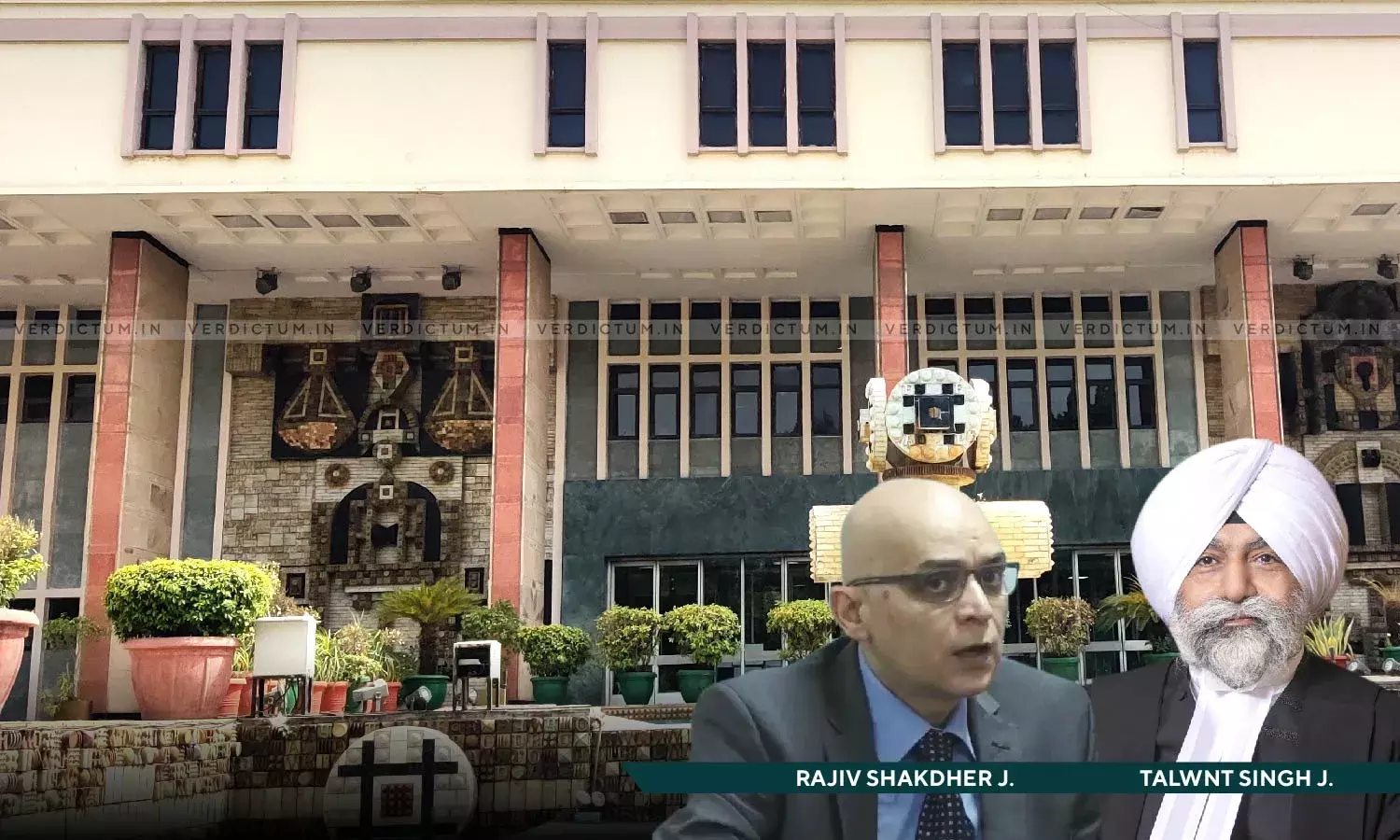Widowed Or Divorced Daughters Of Freedom Fighters Entitled To Pension Under Swatantrata Sainik Samman Pension Scheme, 1980: Delhi HC

The Delhi High Court has recently held that a widowed or divorced daughter of a freedom fighter is entitled to a pension under the Swatantrata Sainik Samman Pension Scheme, 1980.
The Court said that the expression “unmarried” not only adverts to a person who is not married but also includes a woman who is single i.e., who was married but divorced, and even a woman who is widowed.
The Division Bench comprising Justice Rajiv Shakdher and Justice Talwant Singh observed, “We see no reason not to extend the benefit of the 1980 Scheme to a widowed/divorced daughter. We respectfully agree with the view enunciated by the learned Single Judge of the Punjab and Haryana High Court in Smt. Kamlesh’s case, as well as the view expressed by the learned Single Judge of the Calcutta High Court in Sonali Hatua Giri’s case. … at the moment, the only clear view that we have is that of the Supreme Court in Khajani Devi’s case. The ratio of this judgement is binding on all courts including this court.”
The Bench dismissed the appeal filed by the Central Government that challenged the Order of the Single Judge granting the benefit of pension to the deceased respondent.
CGSC Harish Vaidyanathan Shankar appeared on behalf of the appellant while Advocate Mahesh Kumar Tiwari appeared on behalf of the respondent.
Brief Facts –
A request for a grant of pension under the Swatantrata Sainik Samman Pension Scheme, 1980 was rejected, based on the provisions of para 5.2.5 of the guidelines issued by the Union of India in the year 2014. The reason furnished for declining the deceased respondent’s request for a grant of pension was that a “widowed/divorced daughter” was not eligible for pension under the said 1980 Scheme.
The Single Judge of the High Court ruled in favour of the deceased but thereafter, the UOI filed an appeal. During the hearing, the UOI agreed to provide the deceased with the benefit under the scheme based on which the appeal was closed. However, the UOI changed its mind and hence, filed a review petition before the High Court.
The issue before the Court was whether a widowed daughter could be excluded from the benefits of the 1980 Scheme.
The High Court after hearing the contentions of both parties said, “… a quick read of paragraphs 3 and 12 of the 1980 Scheme and the aforementioned paragraphs of the 2014 Guidelines would show that, undoubtedly, an unmarried daughter falls in the category of eligible dependents, and hence, is entitled to pension upon the expiry of the freedom fighter.”
The Court while agreeing with the decision of the Single Judge noted that if the intention was to honour those who laid down their lives or had suffered for the cause of the country, whether in uniform or otherwise, the expression eligible dependent should include a divorced daughter.
“… insofar as the spouse or daughter is concerned, two conditions are required to be fulfilled. First, the spouse or daughter should be unmarried [See paras 5.2.3 and 6 of the 2014 Guidelines]. Second, the spouse or daughter should not have an independent source of income; what would constitute parameters of independent source of income are, as noted above, set forth in 6.1.2 of the 2014 Guidelines”, the Court asserted.
It was further observed by the Court that it was not inclined to interfere with the judgment of the Single Judge.
The Court ordered, “Since the legal representative of Ms Indira Kumari has been brought on record, she would receive pension (if otherwise, deceased Ms Indira Kumari fulfilled other conditions provided in the 1980 Scheme) from the date of the application made in that behalf by her mother, Ms Indira Kumari, till the date of her death, which, we are told, occurred on 02.10.2021.”
The Court proceeded to recall its Order which had closed the appeal and dismissed the plea.
The Court also directed that the UOI will ensure that the monetary benefit is extended to the legal representative of the deceased respondent under the 1980 Scheme, within the next six weeks.
Accordingly, the Court dismissed the appeal.
Cause Title- Union of India v. Kolli Uday Kumari (Neutral Citation: 2023/DHC/000408)
Click here to read/download the Judgment


